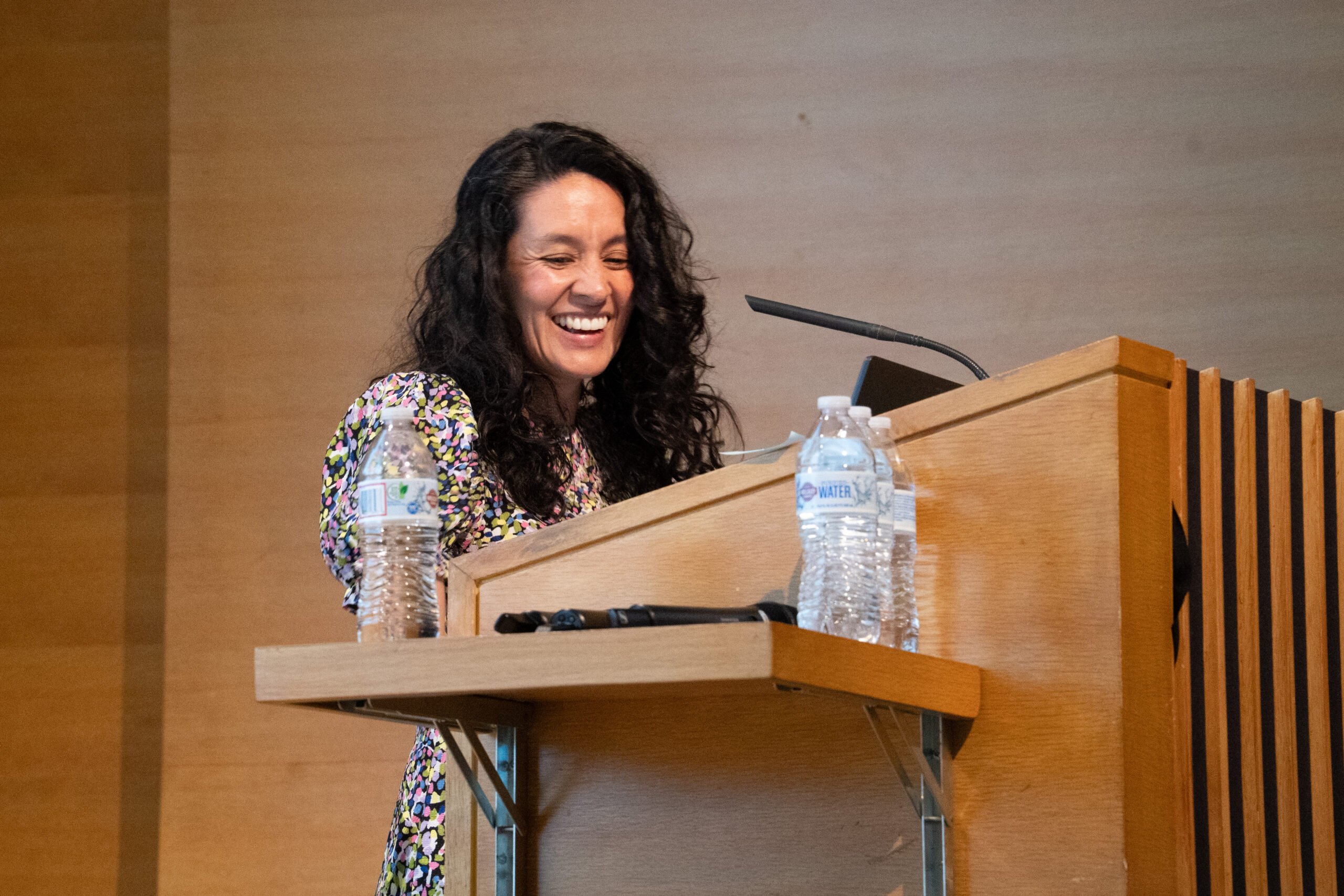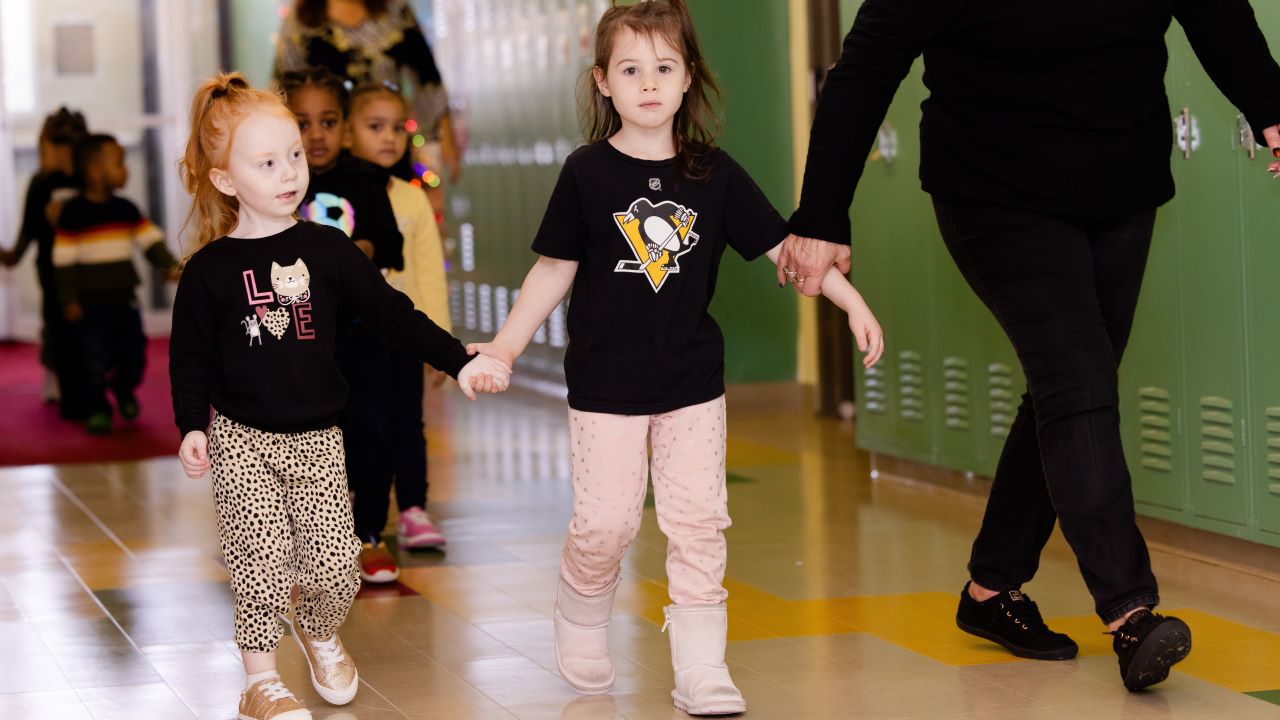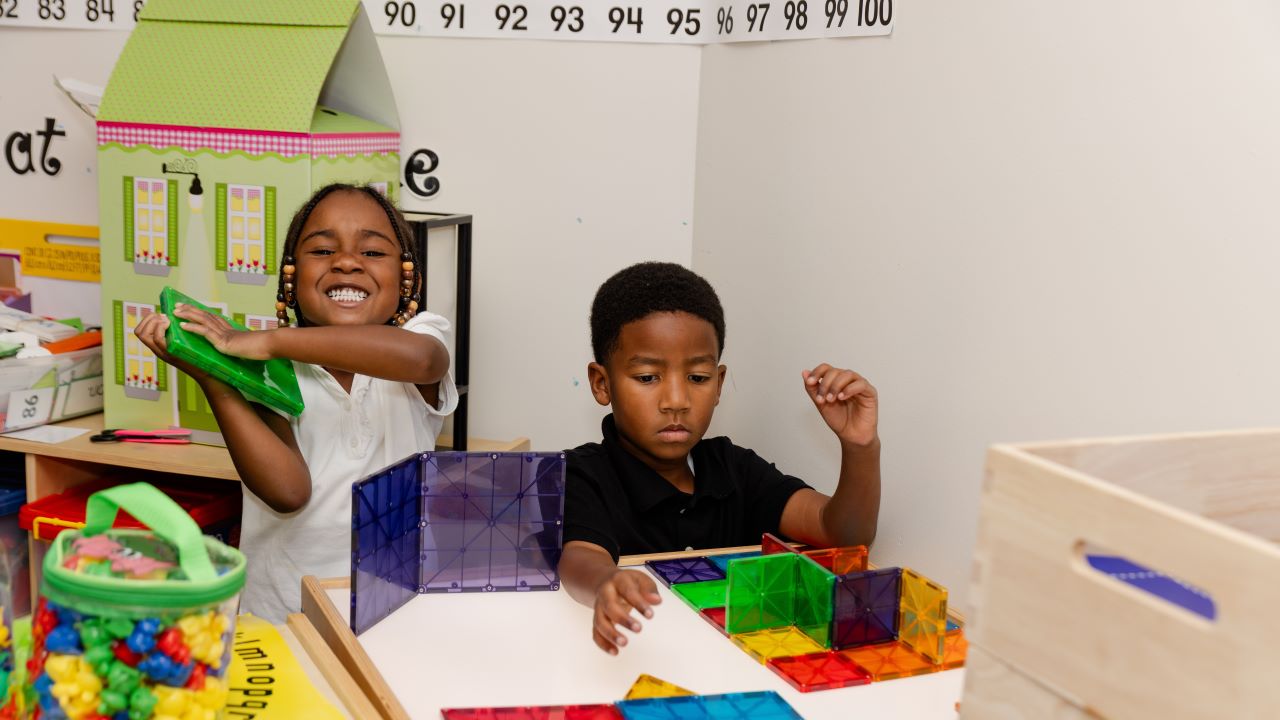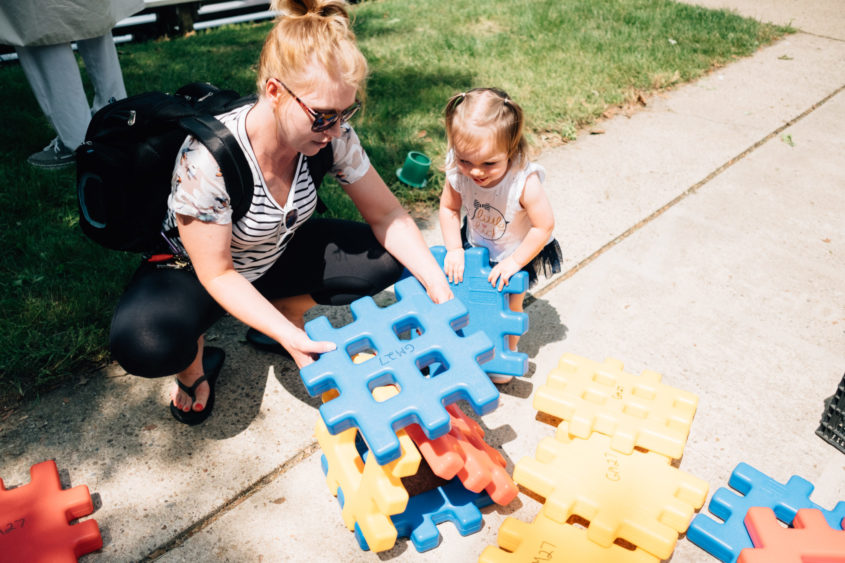Trying Together invites those interested in presenting at its June 11 UnConference, “Out-of-School Time,” to submit proposals for presentations relating to that topic by Friday, March 6.
Learn More
Trying Together’s UnConference is an innovative, hands-on professional development training format where a deeper experience is provided around a particular theme related to early childhood education. Speakers are invited to present and participants are encouraged to engage hands-on in the workshops.
Trying Together, in partnership with APOST and Allegheny County DHS, will host UnConference: Out-of-School-Time, on Thursday, June 11. More details will follow on the location and time. PQAS and Act 48 credits will be available for attendees.
Presentation Topics
Trying Together is seeking a focused range of topical presentations for the UnConference, which will focus on the topic of out-of-school-time. The audience for the UnConference will be educators, staff, and administrators working with children in summer programs, engaged parents and caregivers, and early childhood education and out-of-school time advocates.
Those submitting proposals should design them to fit a 90-minute session. Appropriate topics include – but are not limited to:
- Mental health and social-emotional well-being
- Poverty responses
- Trauma-informed practices for OST programs
- Positive behavior management
- Game-based learning strategies
- Project-based learning for after school and summer programs
- Managing interpersonal conflict among staff
- Parent and family engagement for OST programs
- The importance of play
Proposals will be selected based on a variety of criteria, including the extent to which the proposal targets and is relevant to the ECE workforce, experience or expertise of presenters, definition and focus of the topic, ability to engage participants in discussion and hands-on learning experiences, practical application of material and takeaways, and timeliness and importance of the topic.
Each workshop proposal should encourage active learning; present culturally inclusive ideas, practices, and/or relevant research aimed at positioning attendees as leaders at the early learning programs in which they work; offer strategies for effective implementation of information acquired; include presenters who have significant expertise in the topic area; and cover a 90-minute block of time.
Submitting a Proposal
Trying Together will offer a stipend of $250 for any organization or individual whose proposal is chosen to be presented at the UnConference. Proposals will be due on March 6 and, on March 16, applicants will be notified about the status of their proposal. Presentation slides and materials as well as an overview of the presentation will be due on May 28.
To submit a proposal, applicants should download the submission form and save it to their desktop. Then, submit the proposal as an attachment to learning@tryingtogether.org with the subject line “June 2026 UnConference Proposal” no later than 11:59 p.m. on March 6.
For more information on submitting proposals for Trying Together’s UnConference, check out this flyer.
Trying Together recognizes that summer programs may not have hired their summer staff yet. If you know how many staff you plan to send to the UnConference, we strongly encourage you to reserve their spots now. We will follow up later to get staff contact information. To reserve spots for your staff, email Gabby Lisella at gabby@tryingtogether.org.






